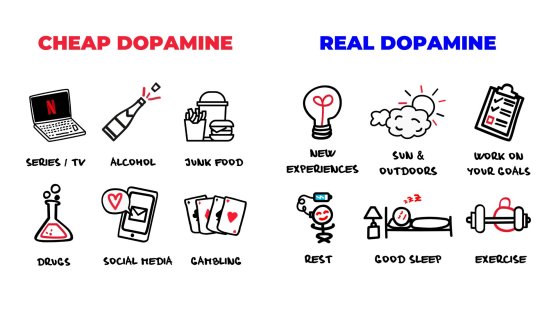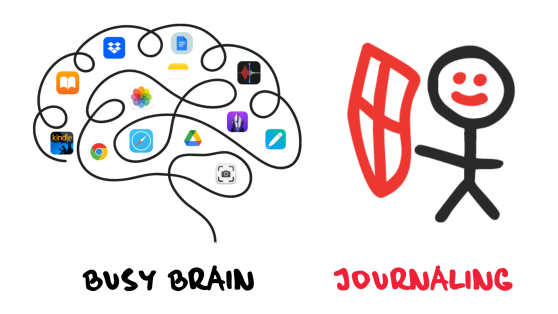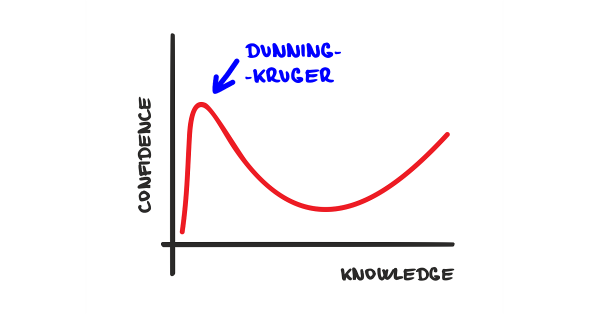Blog article
Satisfaction Management: Every Manager's Most Important Task?
Posted by Adela SchickerAn essential skill every manager today should have is knowing how to create an environment for his or her employees in which they can perform at their best.

Recent research has shown that employees perform at their best in a working environment where they are happy.
What impact does our experience at work have on our job satisfaction? A meta-analysis based on 200 studies involving 275,000 people surveyed confirmed that satisfaction affects most areas of our lives [3]. If we are satisfied, our chances of success increase in the following areas:
- CAREER. When we experience an increase in the release of the neurohormone dopamine, we are more creative, we work better, and we have a better chance achieving promotions and better salary ratings. [1]
- MARRIAGE and FRIENDSHIP. When satisfied we have more energy and optimism. Emotions are socially contagious, so people in our presence feel better if we are happy.
- HEALTH. Satisfied people focus more on others and are more inclined to altruism, which helps you live longer.
The more satisfied we are at work, the more satisfied are our colleagues and also our clients. In his book, "The Happiness Advantage" [1], Shawn Achor describes a study by psychologist Sigal Barsad of Yale University which highlights the contagiousness of positive emotions across work teams. If a person who is spreading positive emotions in a team gradually "infuses" others with their optimism, the rest of the team becomes optimistic as well. This shared optimism then increases the performance of each team member [4].
Satisfaction management is, therefore, an efficient way to achieve better performance at work across the board. Every senior worker should know how to create a happy and creative work environment. One of the ways to get started is to find out the strengths of your colleagues and employees. Being able to find out what your colleague or employee does best and then praising him or her for it and supporting them develops their strengths further and is the first step towards mutual satisfaction.
"Success is not the key to happiness. Happiness is the key to success. If you love what you are doing, you will be successful." Albert Schweitzer
Sources
[1] Lyubomirsky, S., King, L., & Diener, E. (2005). Benefits of frequent positive affects: Does happiness lead to success? Psychological Bulletin, 131, 803
[2] Staw, B., Sutton, R., & Pelled, L. (1994). Employee positive emotion and favorable outcomes at the workplace. Organizing Science, 5, 51-71.
[3]Diener, E., Nickerson, C., Lucas, R. E., Sandvik, E. (2002) Dispositional effect of job outcomes. Social Indicator Research, 229-259 [4] ACHOR, Shawn. The Benefit of Satisfaction: The seven principles of positive psychology that are the driving force of success and performance at work. ANAG, 2014, 222 pp. ISBN 978-80-7263-882-6.





